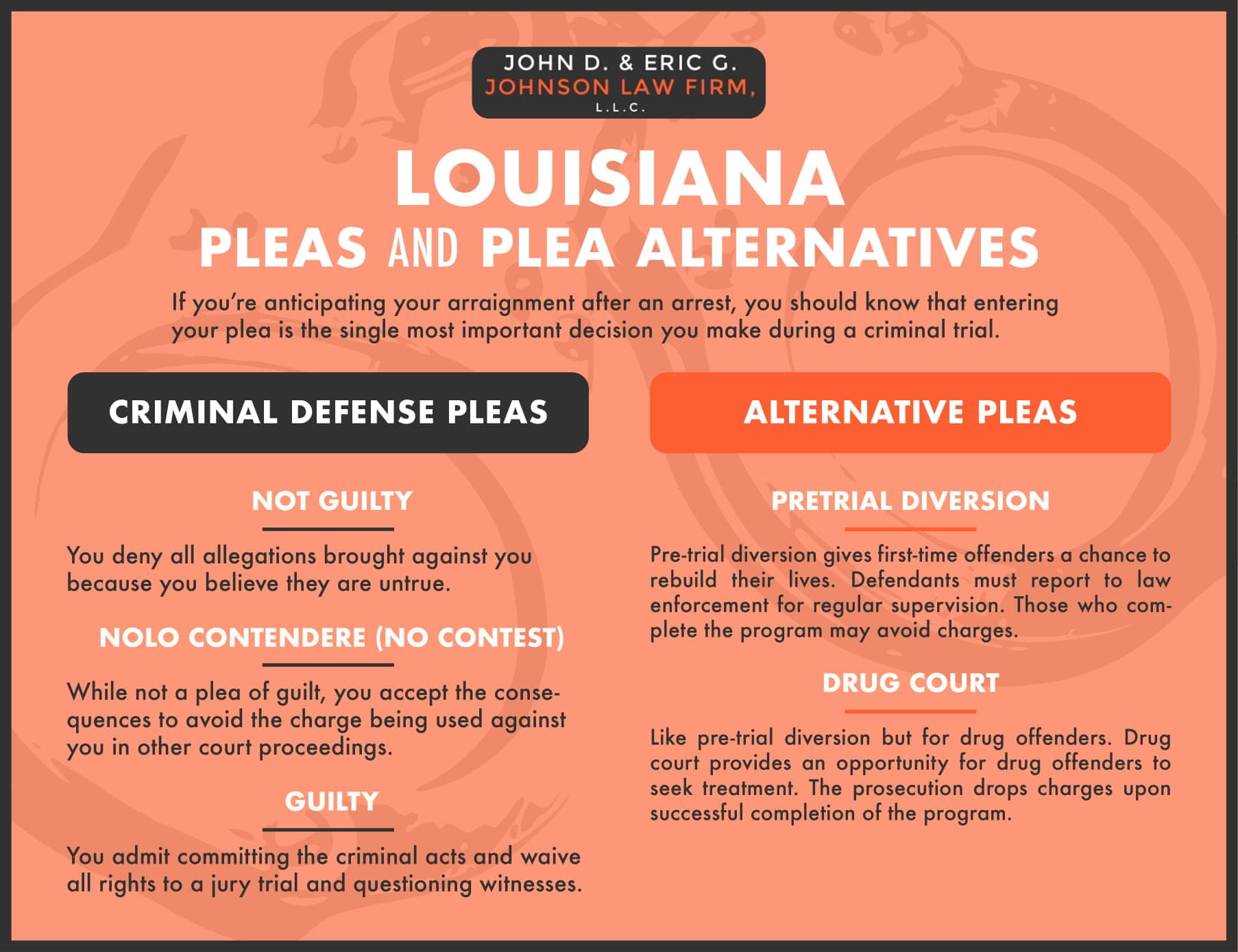Breaking Down Lawful Lingo: A Guide To Understanding Your Criminal Legislation Specialist
Breaking Down Lawful Lingo: A Guide To Understanding Your Criminal Legislation Specialist
Blog Article
Crime Attorney Written By-Bjerregaard Ellison
Comprehending your criminal legislation specialist does not have to be confusing. Find out the definition of terms like 'likely reason' and 'guys rea' to browse your situation effectively. Ensure clear communication with your lawyer, be straightforward, and ask concerns to clarify any uncertainties. By unraveling legal jargon, you empower on your own for an effective collaboration.
Common Legal Terms Demystified
If you've ever before really felt bewildered by legal jargon, let's simplify some typical terms for you. One crucial term to grasp is 'possible cause.' This describes the need in criminal law that cops must have ample reason to jail somebody, conduct a search, or confiscate home. It works as a guard versus arbitrary apprehensions and invasions of personal privacy.
Another important term is 'past a practical doubt.' This is the high requirement of proof required for an offender to be convicted in a criminal trial. It means the evidence should be so solid that there's no sensible uncertainty psychological of a practical person that the defendant is guilty.
Understanding these terms can help you navigate the legal process much more with confidence. By demystifying these typical legal terms, you can encourage yourself to much better comprehend the intricacies of criminal law and interact successfully with your legal expert.
Key Principles in Criminal Regulation
In criminal law, understanding vital ideas such as mens rea and actus reus is essential for understanding the aspects of a crime. Mens rea describes the frame of mind or objective behind devoting a criminal activity. It separates between deliberate acts, reckless behavior, and carelessness, influencing the seriousness of the offense. Actus reus, on the other hand, manage the physical act or carry out that makes up a crime. Both mens rea and actus reus should exist for someone to be founded guilty of a criminal offense.
Furthermore, the concept of causation is important in criminal law. It establishes a link in between the defendant's activities and the harm caused. Without a straight causal link, developing regret ends up being tough. Furthermore, the concept of concurrence calls for that the mental state and physical act align at the same time for a crime to take place. Comprehending these vital principles will certainly aid you navigate conversations with your criminal legislation professional better.
Effective Communication With Your Attorney
To make certain an effective collaboration with your attorney, maintaining open and clear communication is extremely important. Your lawyer is there to help you browse the complexities of the legal system, however they can only do so properly if you supply them with all the necessary details. Be sincere and honest concerning the details of your situation, consisting of any truths or occasions that may seem unimportant to you. see this website in mind, your attorney is on your side and requires to have a complete understanding of the situation to ideal represent you.
When interacting with your attorney, make certain to ask inquiries if there's something you don't recognize. Your lawyer is there to help you, and no doubt is too small. Additionally, be responsive to any requests for info or documentation. Timely reactions can dramatically affect the progress of your instance and assist your attorney construct a strong protection strategy. By cultivating a connection improved efficient communication, you and your lawyer can work together in the direction of a favorable end result.
Verdict
Since you have a far better understanding of legal jargon and crucial principles in criminal law, you can successfully interact with your lawyer.
As an example, picture you're dealing with a medication ownership charge and your lawyer clarifies the concept of 'affordable doubt' to you.
By recognizing this term, you can collaborate to construct a strong defense approach and raise your opportunities of a successful outcome in your case.
